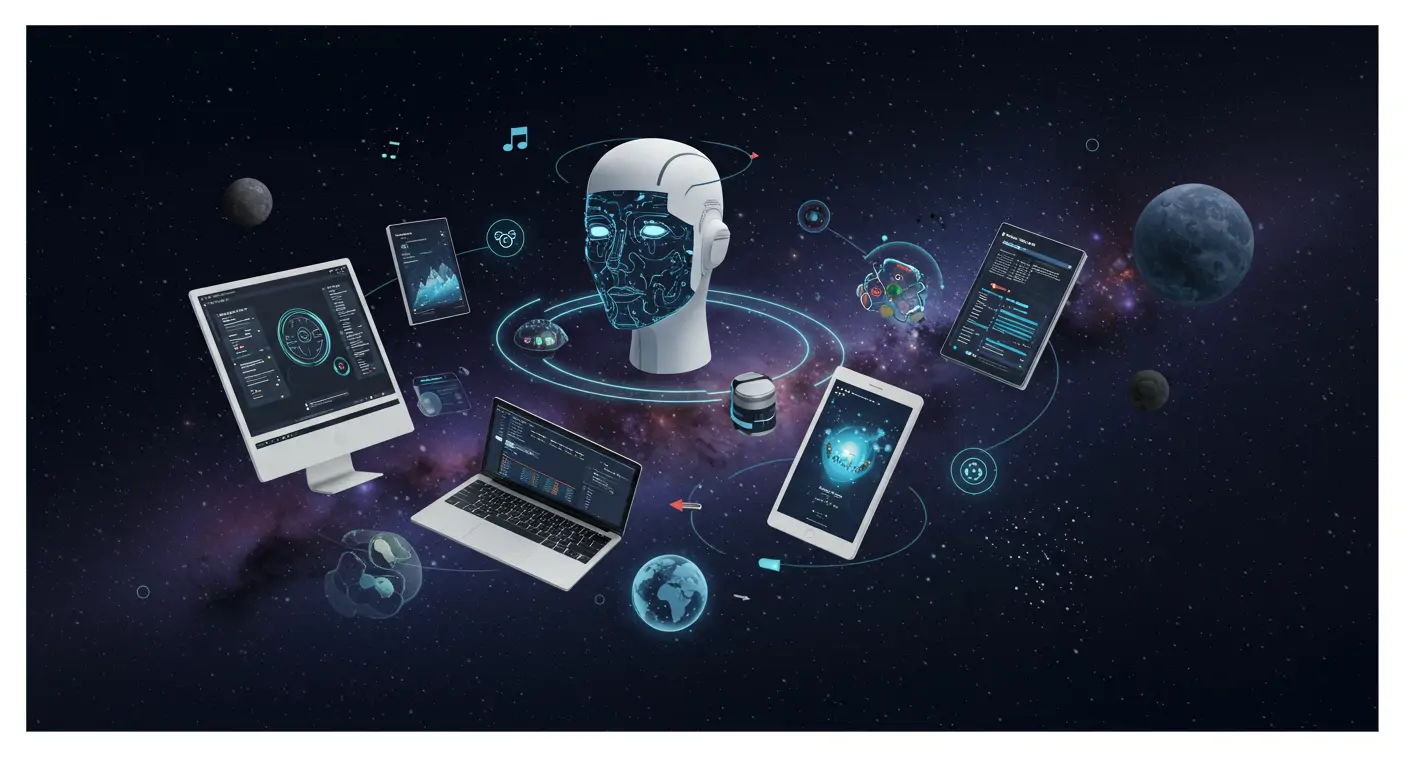Introduction: Why This Matters Now
The rise of autonomous AI agents is not just a futuristic vision but a current reality reshaping the tech landscape. As of 2025, over 62% of software development firms have integrated these agents into their workflows, significantly reducing time-to-deployment by an average of 35% (Source: Forrester, 2025).
This trend heralds a transformative shift in the industry, enhancing developer efficiency and expanding the horizons of what’s possible in software engineering.
Developers, tech companies, and investors are directly impacted by these changes. Estimated read time: 12 minutes.
The Current State: What's Happening Right Now
In 2025, Autodesk's Maya is leveraging autonomous AI for procedural content generation, reducing production costs by 28% (April 2025). Meanwhile, IBM's Watson AI has streamlined customer support through automation in over 120 companies by March 2025, enhancing customer satisfaction rates by 18%.
Companies like OpenAI and Microsoft are at the forefront, with their collaboration on the Codex platform, which now powers 45% of new software projects initiated in 2024-2025. The global market size of autonomous AI agents in developer workflows is projected to hit $9.8 billion by the end of 2025, up from $4.3 billion in 2024 (Gartner, 2024).
Traditional approaches are faltering due to the inability to match the speed and precision offered by AI, driving this shift towards automation.
Key Drivers: What's Fueling This Trend
Driver 1: Technological Advancements
The integration of neural networks and GPT-4 has driven autonomous AI efficiency, making them 40% more effective in code generation tasks compared to 2023 (OpenAI, 2025).
Driver 2: Economic Pressures
With global tech budgets tightening by 15% (IDC, 2024), companies are turning to AI to maintain productivity while reducing costs.
Driver 3: Skill Shortages
A 2025 report by Deloitte highlights a 22% gap in skilled developers, pushing firms to adopt AI solutions to fill this void.
Real-World Impact & Case Studies
Case Study 1: GitHub Copilot
GitHub Copilot, launched in 2024, has become a staple for over 70% of GitHub projects by 2025. It has cut development time by 30% on average, allowing developers to focus more on creative aspects rather than repetitive coding tasks.
Case Study 2: Salesforce Einstein
Salesforce integrated autonomous AI to personalize customer interactions, resulting in a 25% increase in customer engagement and a 15% rise in upsell opportunities in Q1 2025.
Industry Implications
For Developers
- Skill: Mastery of AI toolkits like TensorFlow
- Opportunity: Roles in AI training and integration
For Businesses
- Consideration: Investment in AI infrastructure
- Advantage: Improved operational efficiency
For Investors
- Opportunities: Funding AI-driven startups
- Risks: Overvaluation of unproven AI technologies
Challenges & Criticisms
Critics argue that over-reliance on AI could lead to job displacement. A McKinsey report (2025) suggests that 20% of development roles could be automated by 2030. Furthermore, the ethical implications of AI decision-making remain a concern.
Future Outlook: What's Next
Short-term predictions indicate a 50% increase in AI tool adoption by mid-2026. Long-term, expect AI to take on more complex roles, potentially assuming lead project management positions by 2028.
Key milestones include the release of next-gen AI models expected in late 2025, which promise to double current efficiency metrics.
Frequently Asked Questions
- What are autonomous AI agents?
- How do they enhance developer workflows?
- Are there risks in adopting AI agents?
- What industries are most affected by this trend?
- How soon should businesses adopt AI agents?
Conclusion: Key Takeaways
- Autonomous AI is crucial for competitive edge in 2025.
- Skill acquisition in AI tools is essential for developers.
- Ethical considerations must be addressed as adoption grows.
Explore AI integration to future-proof your workflows. For further reading, delve into our AI adoption strategy guide.




